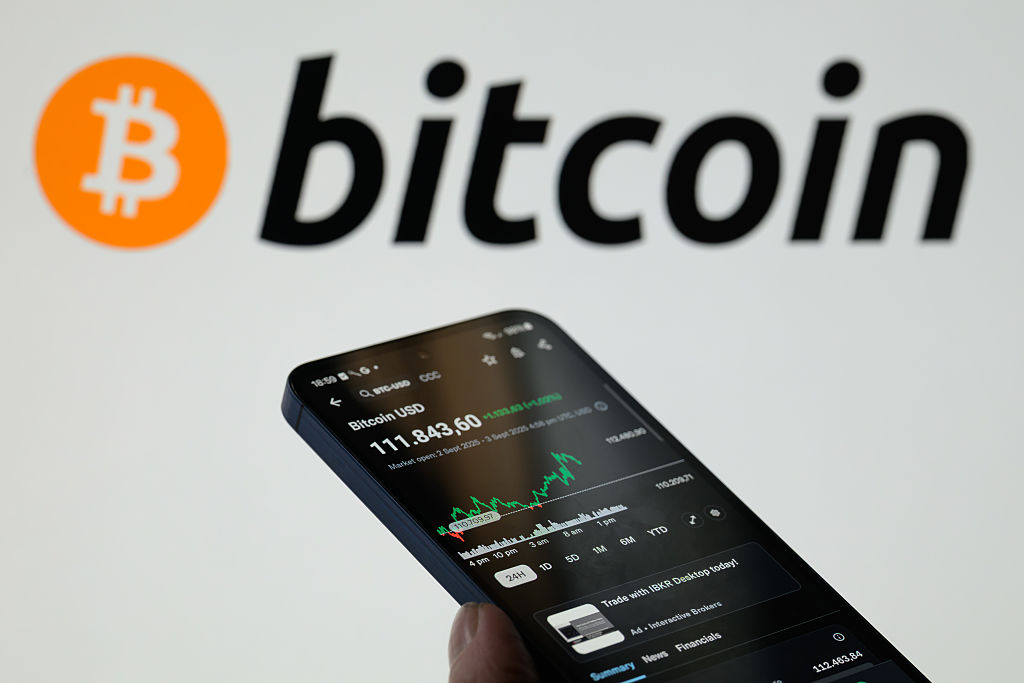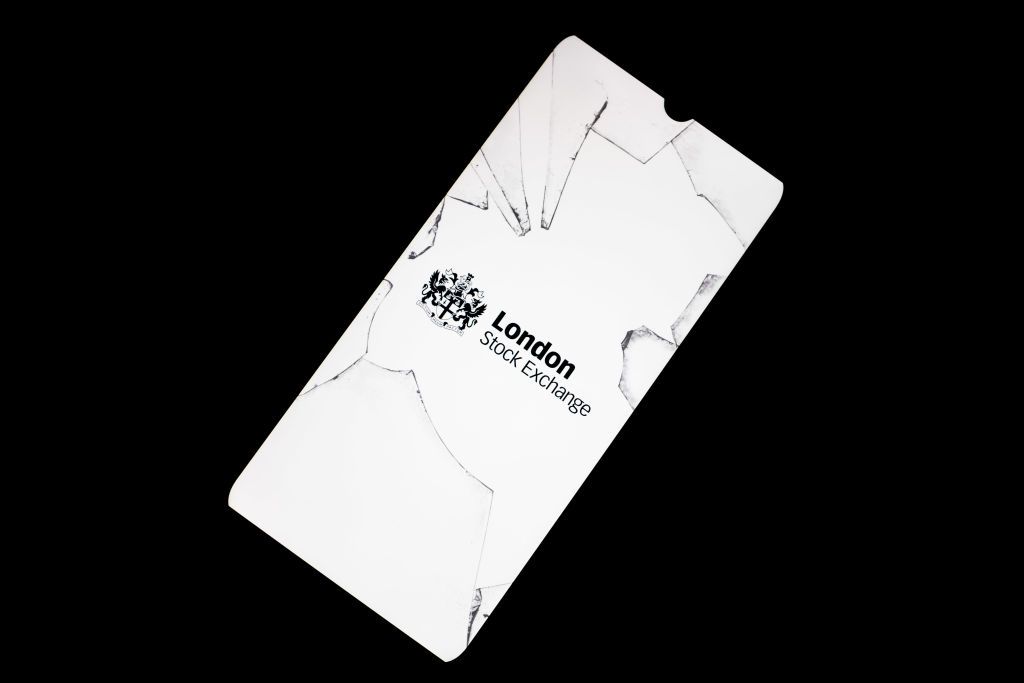Shire: a tempting buy-out bet
Pharmaceuticals firm Shire is set to be taken over – but it’s cheap even if the deal fails.

Get the latest financial news, insights and expert analysis from our award-winning MoneyWeek team, to help you understand what really matters when it comes to your finances.
You are now subscribed
Your newsletter sign-up was successful
Want to add more newsletters?

In May, the Japanese pharmaceuticals company Takeda made a takeover bid for London-listed Shire (LSE: SHP). Takeda is offering a combination of cash and shares worth $62bn (at Takeda's current share price), which works out at £49 per share. Shire's share price is around £43, so if the bid goes through, Shire's shareholders stand to make a nice return of around 13% assuming Takeda's shares stay at around the same price.
Both firms are global companies, so the deal will need approval from competition authorities around the world, including Japan, Europe and even China. However, because they have focused on different areas, with few overlaps, there are unlikely to be many major issues. Indeed, the deal has already received a green light from the Federal Trade Commission in the US, which suggests it should face few regulatory barriers elsewhere. The EU is expected to approve the deal in the autumn, allowing it to go through at the start of next year.
Perhaps the only real concern is that Shire is too big for Takeda to acquire comfortably without taking on a dangerous level of debt. Indeed, at Takeda's annual meeting in June a group of shareholders tried to sabotage the deal by proposing a resolution that would have required shareholder approval for any major acquisitions. However, in the end the resolution was comfortably defeated.
Try 6 free issues of MoneyWeek today
Get unparalleled financial insight, analysis and expert opinion you can profit from.

Sign up to Money Morning
Don't miss the latest investment and personal finances news, market analysis, plus money-saving tips with our free twice-daily newsletter
Don't miss the latest investment and personal finances news, market analysis, plus money-saving tips with our free twice-daily newsletter
Good value by itself
Even if the deal collapses, Shire still looks like good value. Trading at only 11.3 times forecast earnings for 2018, it is much cheaper than Takeda, which trades at around 20 times forecast earnings, and cheaper than large UK peers such as GlaxoSmithKline (14.4) and AstraZeneca (21.5). Part of the differential can be explained by the fact that the patents on several drugs are set to expire, which will allow companies to launch their own generic versions. Some of its other drugs, most notably treatments for haemophilia and constipation, are also facing competition from alternatives. However, the loss of revenue from this needs to be set against the potential of new drugs emerging from Shire's pipeline.
The fact that Takeda's offer involves both stocks and shares makes things a little complicated, because IG Index will replace your long position in Shire with a long position in Takeda once everything is signed off. However, because Shire looks such good value, I'm going to recommend that you just go long in Shire, and close the position just before the deal is formally completed. In this case we'd go with IG's minimum of £100 per £1, with a stop-loss at £34. With the price currently at £43.25, this means the potential downside is £976.
Trading techniques merger arbitrage
Merger arbitrage betting on takeovers is a popular trading strategy. Usually when a company tries to take over a rival it will have to offer a substantial premium over the share price to convince existing shareholders to sell. As a result, the share price of the target company will usually rise when an offer is made. Conversely, the price of the company doing the buying will often fall. But because there's always a chance that the deal will unravel, the new price of the target will usually still be below the offer price, unless investors expect a higher offer.
There are three ways to trade this situation. If you think the deal won't go ahead, then it makes sense to short the shares of the target, in the expectation that the price will fall back to the original level. If you think the chances of the deal going ahead are better than implied by the markets, you can buy the shares of the company being acquired. However, if the deal involves the acquirer paying partly or wholly in its shares (rather than cash), many merger-arbitrage traders will buy the shares of the target while shorting the shares of the acquirer. By doing this, they eliminate the effect of market movements on their returns, making the outcome solely dependent on whether the deal goes through.
Profits from merger-arbitrage trading are often individually modest, but can add up to decent returns. A 2002 study by Mark Mitchell of Harvard and Todd Pulvino of Northwestern University found that, between 1963 and 1988, a strategy of buying firms that were merger targets, even after the deal had been announced, would have beaten the market by roughly 4% a year.
How my tips havefared
On balance the last fortnight has been pretty good for this column, at least for our long positions. IG Group has gone up to 871p (from 848p), Micron has risen to $56.96 (from $51.48), Redrow is now 541.5p (from 522p) and Wizz Air is £38.13 (from £35.38). The only fly in the ointment is Greene King, which has fallen slightly to 535p. This means that IG Group is making £601, Greene King £304, Micron £260 and Wizz Air £253. Despite the fact that Redrow is losing £285, this means the total paper profits from our long positions are £1,132.
However, our short positions are a different matter. The Financial Stability Board, which aims to harmonise financial regulation across the G20, stated that "crypto-assets do not pose a material risk to global financial stability at this time". Although it did call for more international monitoring, this has been seen as a de facto endorsement of the currency. As a result, the price of bitcoin has surged to $7,523, reducing our paper profits to £926. Meanwhile, despite growing shareholder angst over the actions of founder Elon Musk, Tesla's price has increased slightly to $322.69, putting us £156 in the red.
Overall, we're making £1,899 in paper profits on our open positions, while our closed trades are losing a total of £77. In my previous update, I said that I was considering closing out the positions in Micron and IG Group. Although the positions have been open for a relatively long time, I'm loath to close them while they are still making money. So, I'm going to give them both a stay of execution, though I will raise the stop-loss on IG Group to 825p and Micron to $50. I'm also going to close the bitcoin short position if it rises to above $8,500 (previously $9,000).
Get the latest financial news, insights and expert analysis from our award-winning MoneyWeek team, to help you understand what really matters when it comes to your finances.

-
 Review: Pierre & Vacances – affordable luxury in iconic Flaine
Review: Pierre & Vacances – affordable luxury in iconic FlaineSnow-sure and steeped in rich architectural heritage, Flaine is a unique ski resort which offers something for all of the family.
-
 Could you get cheaper loans under ‘significant’ FCA credit proposals?
Could you get cheaper loans under ‘significant’ FCA credit proposals?The Financial Conduct Authority has launched a consultation which could lead to better access to credit for consumers and increase competition across the market, according to experts.
-
 Europe’s new single stock market is no panacea
Europe’s new single stock market is no panaceaOpinion It is hard to see how a single European stock exchange will fix anything. Friedrich Merz is trying his hand at a failed strategy, says Matthew Lynn
-
 Bitcoin 'has become the reserve asset of the internet'
Bitcoin 'has become the reserve asset of the internet'Opinion The cryptocurrency has established itself as the electronic version of gold, says ByteTree’s Charlie Morris
-
 It’s time to start backing Britain – the best investments to buy now
It’s time to start backing Britain – the best investments to buy nowThe UK stock market has been languishing for decades. But the tide is turning and smart investors should buy in now
-
 London Stock Exchange exodus: which companies could be next to go?
London Stock Exchange exodus: which companies could be next to go?As many companies exit London, the steady trickle of stocks listing elsewhere could turn into a stampede. Who will be next, and what does this mean for investors?
-
 Is the London Stock Exchange in peril?
Is the London Stock Exchange in peril?More than 150 companies have left the London Stock Exchange or moved their primary listing since the start of 2024. What does it mean for investors and the economy?
-
 Shein prepares for London Stock Exchange listing
Shein prepares for London Stock Exchange listingShein plans for a London Stock Exchange listing after facing hurdles in New York. It’s in a race against time. Matthew Partridge reports
-
 Four stocks for 2026
Four stocks for 2026As the year draws to an end, investment experts suggest four stocks that investors may want to keep an eye on for 2026
-
 Retail bond paying 8.25% launches – should you buy it?
Retail bond paying 8.25% launches – should you buy it?A new bond from alternative property lender LendInvest looks eye-catching but how do retail bonds work, and what are the risks?